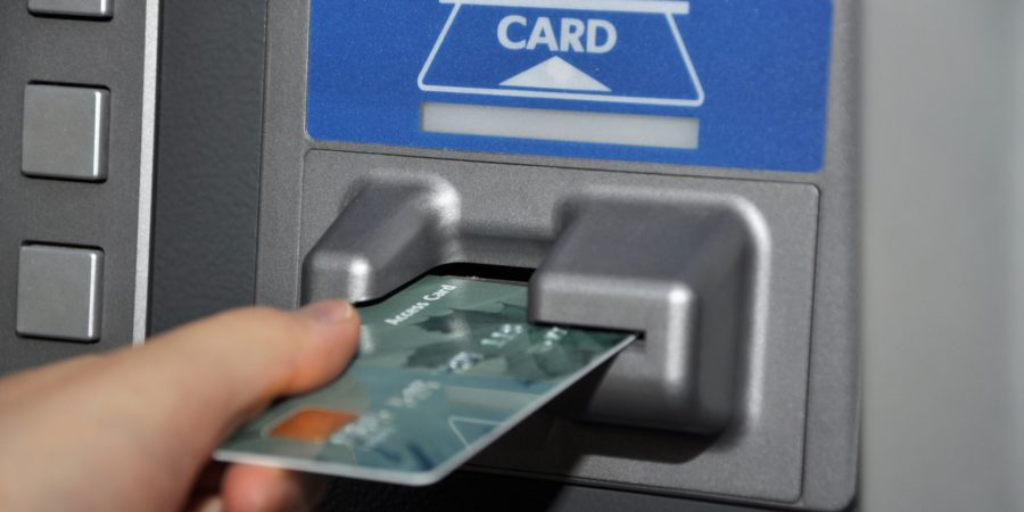Last week, a number of banks in Egypt announced new restrictions on spending abroad, as well as limitations on cash withdrawals.
Some Egyptians were also notified by their banks through text messages.
Announced to be effective on the same day, Commercial International Bank (CIB) set the maximum monthly cash withdrawal limit for most debit and credit cards at EGP 2,500, while the maximum limit for spending abroad would be the equivalent of EGP 20,000 for most debit cards and EGP 25,000 for most credit cards. The limits vary depending on the card type whether it is prime, titanium, platinum, or another variety.
For HSBC, the cash withdrawal limit per month ranges between EGP 15,000, EGP 25,000, and EGP 50,000 according to the credit card type. As for debit cards, the limits are EGP 10,000, EGP 20,000, and EGP 40,000 depending on the card type.
The National Bank of Egypt set the maximum daily cash withdrawal limit for most credit and debit cards to the equivalent of EGP 2,500, and the spending limit to EGP 10,000.
In addition to the limitations, a 10 percent markup fee was also added to using Egyptian bank cards abroad.
This is not the first time such restrictions are implemented. In October 2022, Egyptian banks announced and implemented new regulatory measures on foreign currency withdrawals from local currency accounts.
The restrictions, which differ from one bank to another, aim to deter people from the exploitation of US dollar withdrawals abroad. This comes as part of the Central Bank of Egypt’s (CBE) measures to preserve hard currency as the exchange rate of the Egyptian pound continues to decline.
Subscribe to the Egyptian Streets’ weekly newsletter! Catch up on the latest news, arts & culture headlines, exclusive features and more stories that matter, delivered straight to your inbox by clicking here.







Comments (5)
[…] the country has been forced to impose restrictions on imports and banks have repeatedly implemented regulations to spending abroad. Today, the Egyptian pound currently stands at 30.2 against the US […]
[…] of the Russia-Ukraine war, forcing the country to impose restrictions on imports and banks to regulate spending […]